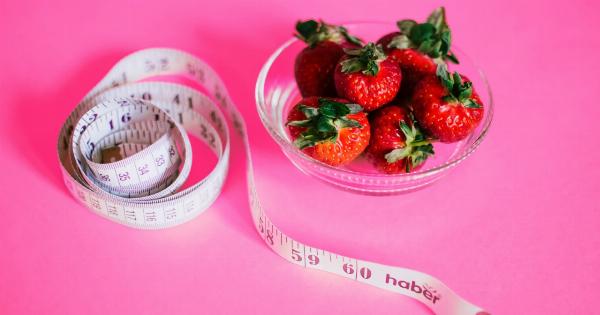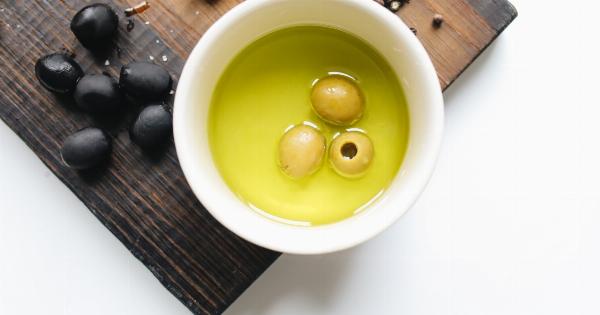In the world of health and nutrition, there are countless myths and misconceptions that can lead to confusion and misinformation. It’s important to separate fact from fiction and make informed decisions about our well-being.
In this article, we debunk nine common health and nutrition myths to help you make better choices for your health.
Myth 1: Fat-Free Foods Are Always Healthy
Many people believe that fat-free or low-fat foods are always healthy options. However, this is not entirely true. While these products may be lower in fat content, they often compensate by adding sugar, artificial flavors, and preservatives.
It’s essential to read labels carefully and opt for whole, nutrient-dense foods instead.
Myth 2: All Carbs Are Bad for You
Carbohydrates are often demonized in popular diets, leading to the belief that all carbs are bad for your health. In reality, not all carbs are created equal.
Whole grains, fruits, vegetables, and legumes provide essential nutrients, including fiber, which is vital for digestion and overall health. It’s important to choose complex carbohydrates over refined ones.
Myth 3: Eating After 8 PM Causes Weight Gain
The myth that eating after 8 PM causes weight gain stems from the idea that the body’s metabolism slows down in the evening. However, weight gain occurs when you consume more calories than you burn over time, regardless of the timing.
What matters most is the quality and quantity of the food you consume, rather than the time.
Myth 4: Detoxes and Cleanses Are Necessary
Detoxes and cleanses have gained popularity in recent years, promising to rid the body of toxins and promote weight loss. However, our bodies have built-in detoxification systems, such as the liver and kidneys, which are highly effective on their own.
It’s unnecessary and potentially harmful to engage in extreme detoxification practices. A balanced, whole-foods diet is the best way to support your body’s natural detoxification processes.
Myth 5: Supplements Can Replace a Healthy Diet
While supplements can be beneficial in certain situations, they cannot replace a healthy diet. Whole foods provide a wide array of essential nutrients that are often missing in isolated supplement form.
It’s best to focus on a well-rounded, whole-foods diet to obtain the necessary nutrients for optimal health. Supplements should be used to complement a healthy lifestyle, not as a substitute.
Myth 6: Eating Fat Makes You Fat
For years, fat was demonized as the primary factor responsible for weight gain and various health issues. However, not all fats are created equal.
Healthy fats, such as those found in avocados, nuts, and olive oil, are actually beneficial for overall health. Consuming healthy fats in moderation can even aid in weight management and satiety.
Myth 7: Organic Means Always Healthier
While organic produce and products can be a great choice, it’s important to note that labeling something as “organic” doesn’t automatically make it healthier.
Organic products still contain calories and can be processed or high in sugar. It’s crucial to read labels and prioritize nutrient-density when choosing organic options.
Myth 8: All Calories Are Created Equal
A common misconception is that all calories are created equal concerning weight management. The truth is, the source of calories matters.
Calories from nutrient-dense foods like fruits, vegetables, and whole grains provide essential vitamins and minerals, while calories from processed foods are often devoid of nutrients and can contribute to weight gain and other health issues.
Myth 9: Drinking Eight Glasses of Water a Day is a Must
While hydration is essential for overall health, the notion that everyone must drink eight glasses of water a day is not entirely accurate. Our water needs vary based on factors such as activity level, climate, and individual differences.
It’s important to listen to your body’s signals, such as thirst, and stay adequately hydrated throughout the day.
Conclusion
Dispelling common health and nutrition myths is crucial for making informed decisions about our well-being. By challenging and debunking these misconceptions, we can adopt healthier habits and optimize our overall health.
Remember, always consult with qualified healthcare professionals for personalized advice tailored to your specific needs.


























